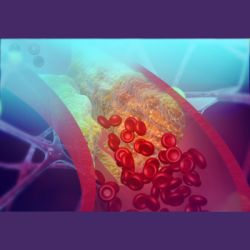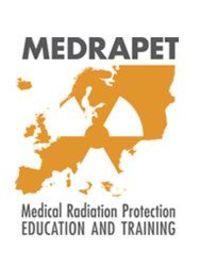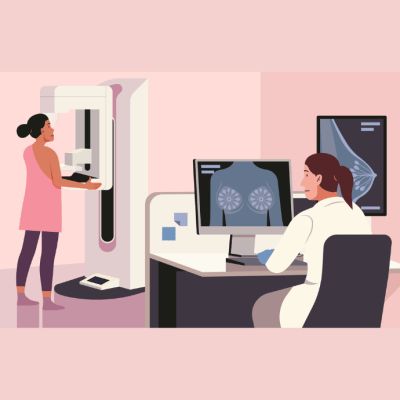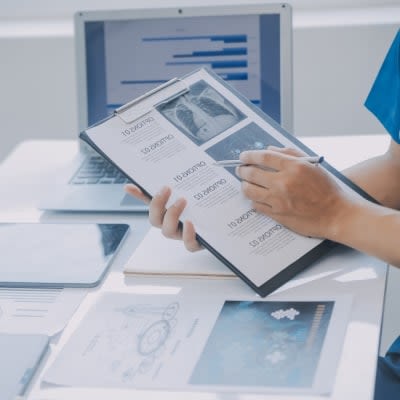Keep politics out of healthcare was the message from Dr. Mansoor Fatehi from Tehran, Iran, who spoke about radiology management in a special economic situation at the Management in Radiology session at the European Congress of Radiology on Saturday. The currency crisis and sanctions have had a major impact on the quality of services in Iran at the same time as the government decreased subsidies.
In the last few years in Iran, there has been a dramatic change in the exchange rate against the US dollar, explained Fathehi. Salaries have decreased and are only now slowly increasing. Compared to its neighbours, Afghanistan, Turkey, Pakistan and Iraq, Iran has the lowest average tariff for chest x-rays, for example, as well as for other examinations, such as head CT. Equipment prices are much more expensive in Iran compared to other countries. For example the place of a CR plain x-ray more than doubled between 2010 and 2012. This meant that the number of studies needed to pay for it increased from 20,000 in 2010 to 31,000 studies in 2012. An ultrasound machine in 2010 required 21,000 exams to pay for itself, and 50,000 in 2012.
Radiology departments under these pressures are affected in many ways, noted Fatehi. The situation affects quality of interpretation, calibration, education and changes in procedures, as protocols are changed to reduce the time taken. It affects staff and patient satisfaction and developments and upgrades. Fatehi has not heard of any department in the last two years that was planning to upgrade.
Medical ethics are affected as black market deals and self-referral increases in order to survive. The situation also affects film, IT hardware and PACS. Stockpiling has occurred with over-stacking of films. As departments cannot afford to send films to referring physicians, they are printing on paper and laminating.
Fatehi suggested that national and international support teams could be formed to help, and that vendors needed to be flexible.
Latest Articles
Radiology, Iran
Keep politics out of healthcare was the message from Dr. Mansoor Fatehi from Tehran, Iran, who spoke about radiology management in a special economic situa...



























